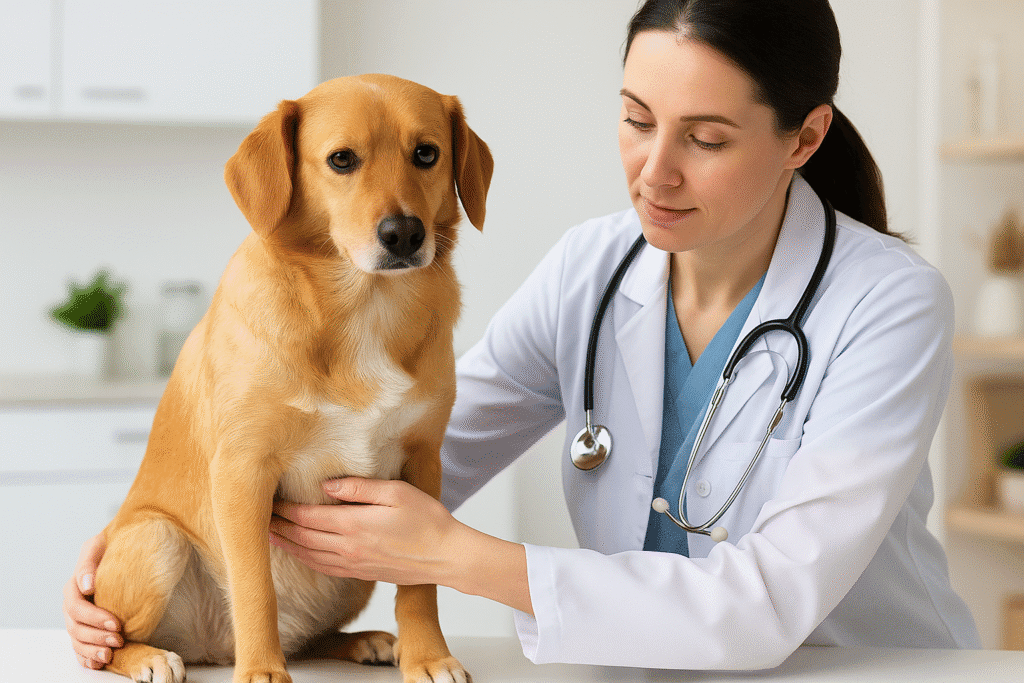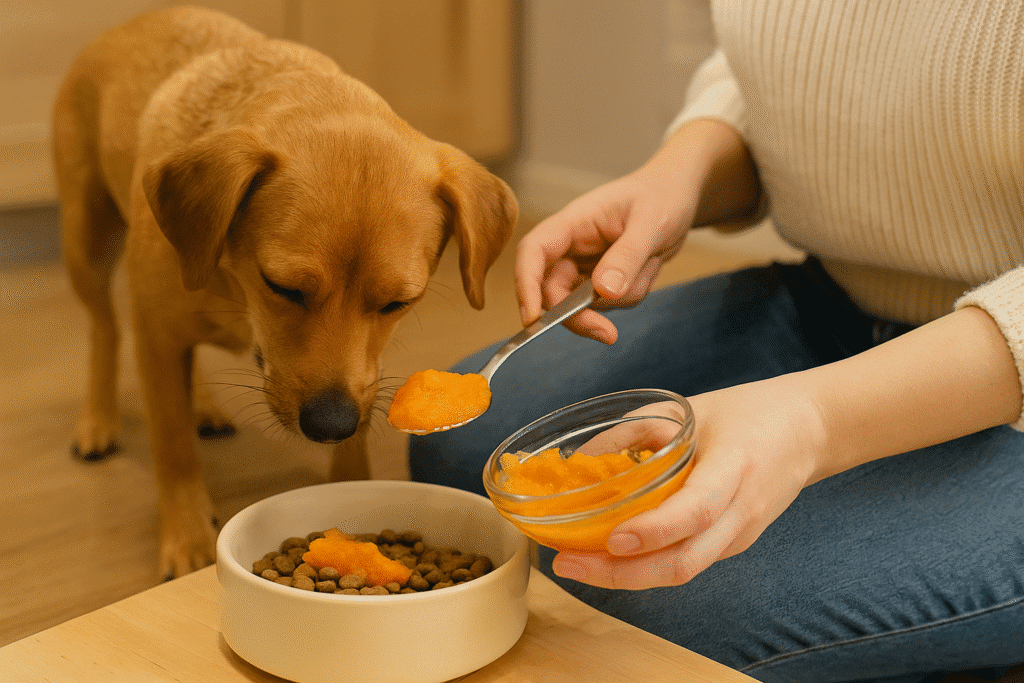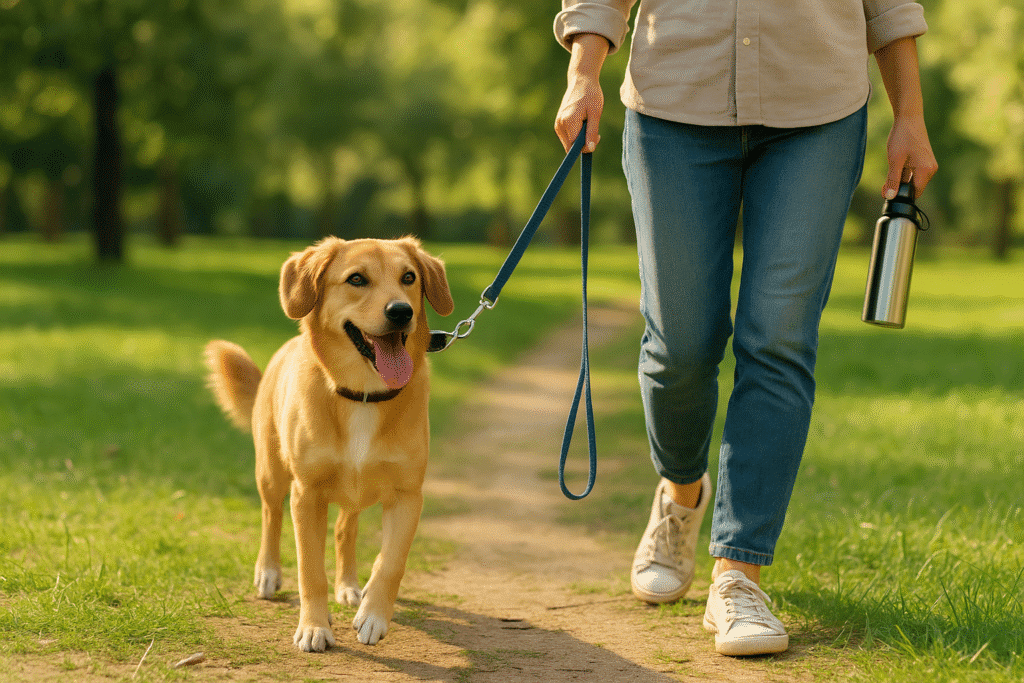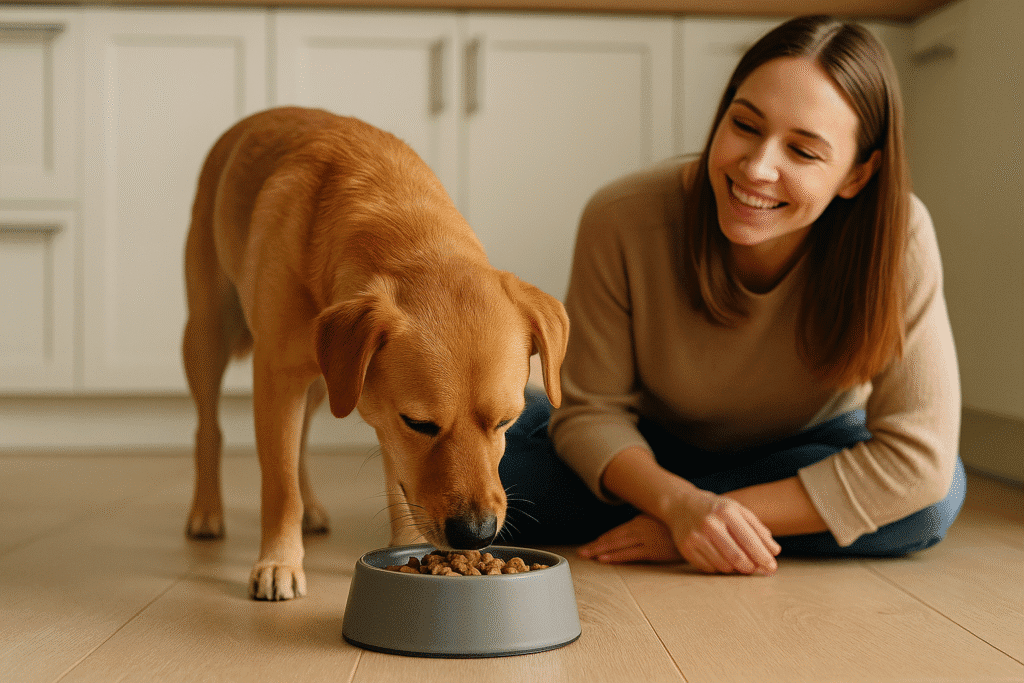Dog Constipation Relief Fast: Vet-Approved Home Remedies That Work
Learn how to relieve dog constipation fast with proven, vet-approved remedies. From high-fiber diets and hydration tips to safe home treatments and vet advice, this guide helps you restore your dog’s comfort naturally and prevent future digestive issues.
Understanding Dog Constipation Relief
Dog constipation relief is one of the most common concerns among pet owners. A healthy dog should pass stool regularly — usually once or twice a day. But when your dog struggles to poop or produces hard, dry stools, it’s a sign that something is off in their digestive system. The good news? Most cases can be relieved quickly at home with the right care and a few vet-approved methods.

What Causes Constipation in Dogs?
Before jumping to remedies, it’s crucial to understand what causes constipation in dogs. Here are some of the most common triggers:
- Lack of Fiber: Dogs need fiber for regular bowel movements. Diets with little to no fiber can lead to hard stools.
- Dehydration: Not drinking enough water makes stools dry and difficult to pass.
- Inactivity: Sedentary dogs are more prone to digestive slowdowns.
- Ingested Hair or Bones: Dogs that groom excessively or chew bones may develop blockages.
- Medications: Some painkillers, antihistamines, and diuretics can cause constipation.
- Anal Gland or Colon Issues: Health conditions like enlarged prostate or tumors may block the colon.
Understanding these root causes helps you provide the right dog constipation relief approach — whether at home or through veterinary care.
Vet-Approved Home Remedies for Fast Dog Constipation Relief
1. Add Pumpkin to Their Diet
Plain, canned pumpkin (not pumpkin pie mix) is a gentle, natural laxative. It’s rich in fiber and moisture, helping to regulate digestion. Mix one to two tablespoons into your dog’s meal for effective dog constipation relief.
2. Increase Fiber Intake
Fiber supplements such as psyllium husk or bran can stimulate bowel movement. You can also feed high-fiber vegetables like carrots, green beans, or sweet potatoes in moderation.
3. Keep Your Dog Hydrated
Always ensure your dog has access to clean, fresh water. You can also add low-sodium chicken broth to water or food to encourage more fluid intake, softening stool naturally.
4. Give Gentle Exercise
Regular physical activity stimulates intestinal movement. A simple 20–30-minute walk after meals can make a huge difference for dog constipation relief.
5. Try Olive or Coconut Oil
One teaspoon of olive or coconut oil added to food once a day can lubricate the digestive tract. However, always check with your vet before giving oils to dogs with pancreatitis or obesity.
6. Use Probiotics
Probiotics improve gut health and stool consistency. They’re especially helpful if your dog’s constipation is linked to antibiotic use or diet changes.
7. Massage Their Abdomen
Gently massaging your dog’s abdomen in a circular motion can help stimulate bowel movement. Focus on the lower belly area for 5–10 minutes daily.

When to See a Veterinarian
If your dog hasn’t pooped for more than 48 hours or is showing symptoms like vomiting, lethargy, or abdominal swelling, contact your vet immediately. Severe constipation may indicate an obstruction, which can be life-threatening.
Veterinarians may perform X-rays, enemas, or prescribe stool softeners and laxatives specifically formulated for dogs. Never use human laxatives — they can be toxic to pets.
Prevention Tips for Long-Term Digestive Health
- Balanced Diet: Choose high-quality dog food with enough fiber.
- Hydration Routine: Encourage drinking water through pet fountains or moist food.
- Regular Exercise: Consistent activity keeps the digestive system active.
- Routine Vet Visits: Annual checkups can detect digestive or metabolic issues early.
- Monitor Stool Changes: Track any changes in frequency, color, or consistency.
Related Guides on Digestive Health
For more helpful tips on maintaining your dog’s digestive health, check out our related posts:
- Best Dog Multivitamins: Benefits, Ingredients & Vet Recommendations
- Dog Probiotics for Gut Health: Benefits, Usage & Safety
For professional veterinary advice on digestive health, visit VCA Animal Hospitals — Constipation in Dogs

Frequently Asked Questions About Dog Constipation Relief
How long can a dog safely go without pooping?
Most healthy dogs poop daily. If your dog hasn’t gone for more than 48 hours, contact your vet immediately as this could indicate an obstruction.
Can I give my dog human laxatives?
No. Human laxatives can be toxic for dogs. Only use vet-approved products for dog constipation relief.
Does pumpkin work for all dogs?
Most dogs respond well to pumpkin, but results vary. If your dog’s constipation persists beyond two days, seek professional advice.
Can stress cause constipation in dogs?
Yes. Stress or changes in environment can affect bowel movements. Maintain a calm, consistent routine to reduce stress-related constipation.
How can I prevent my dog from becoming constipated again?
Regular hydration, high-fiber diets, and consistent exercise are key to preventing constipation and maintaining digestive health.

🐾 Ready to Keep Your Dog Healthy?
Learn more about maintaining your dog’s digestive wellness in our Pet Health Section. Explore more guides to keep your furry friend happy and active every day!

